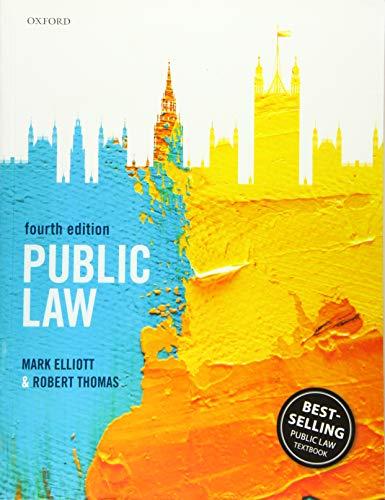Question
eview the actual cases of Rockstad v. Global Finance & Investment Co., 41 P.3d 583 (Alaska 2002) and Wessells v. State of Alaska, Department of
eview the actual cases of Rockstad v. Global Finance & Investment Co., 41 P.3d 583 (Alaska 2002) and Wessells v. State of Alaska, Department of Highways, 562 P.2d 1042 (Alaska 1977).
Generally, a tenant must pay the rent even if he or she refuses to occupy the property or moves out, as long as the refusal or the move is unjustifiable and the lease is in force.In these cases, the Alaska Supreme Court interpreted rent-payment default and notice provisions in a commercial lease.After reading the case, you willrespond with answers to the following questions using your critical thinking and moral reasoning skills:
- Explain how the legal principles expressed in the Wessells case apply to the facts and issues of the Rockstad case.
- Identify the basis for the disagreement between the majority and the dissent in the Rockstad case.
- What are the conclusions and supporting arguments for each position?
- Describe how the holding, in this case, is of interest to landlords who want their tenants to make timely payments of rent.
- In a case such as Rockstad, should the relative size of the business affect a court's interpretation of a lease's terms?Why or why not?
Step by Step Solution
There are 3 Steps involved in it
Step: 1

Get Instant Access to Expert-Tailored Solutions
See step-by-step solutions with expert insights and AI powered tools for academic success
Step: 2

Step: 3

Ace Your Homework with AI
Get the answers you need in no time with our AI-driven, step-by-step assistance
Get Started


